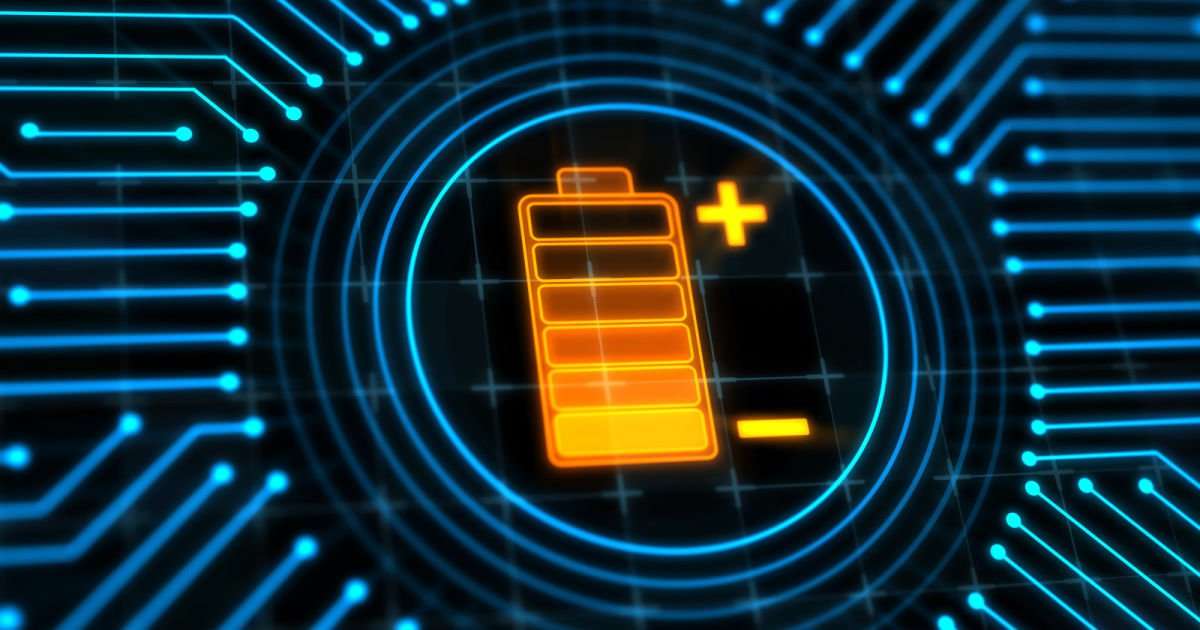In current commercial batteries, a liquid electrolyte transports the charge back and forth between cathode and anode. This is part of what can make them explode, according to the post from Berkeley Lab, where the discovery was made. The team was working on a magnesium battery, which can hold more charge than lithium-ion batteries, but they weren't able to find a workable liquid electrolyte. "Magnesium is such a new technology, it doesn't have any good liquid electrolytes," said the lab's senior scientist Gerbrand Ceder. "We thought, why not leapfrog and make a solid-state electrolyte?"
The researchers settled on magnesium scandium selenide spinel, which has an ion mobility comparable to electrolytes found in lithium ion batteries. The team included scientists from MIT and Argonne, who provided computing resources and experimental confirmation of the new solid electrolyte's mobility, respectively.

Vok250 on December 2nd, 2017 at 19:33 UTC »
I don't see any comments talking about the energy density, weight, or cost. Those are the limiting factors in real world application. Li-ion batteries dominate those figures right now. Cheap, lightweight, high voltage per cell, and high energy density. Li-Polymer though more dangerous offers the same advantages plus supporting very high amperage output.
The reality is that you can connect as many cells as needed to fit your purpose. Size, cost, and weight are the real issues.
SC2sam on December 2nd, 2017 at 17:54 UTC »
Contrary to the other comment, this magnesium scandium selenide spinel battery is actually much safer than lithium based batteries while also having almost twice as much energy storage capability ~ 3,830 Ah for this battery vs 2,062 Ah for lithium.
It's safer due to various reasons including having a more than double ignition temperature over lithium(883 °F for magnesium, 355 °F for lithium) meaning someone would have to sit there with a flame on the battery for it to even come close to igniting. It's also not very reactive unlike lithium which will ignite itself just by drawing in moisture from the surrounding environment and releasing hydrogen gas. This battery however doesn't have the capability to do that because although magnesium does reactive with cold water, it does so very slowly and without much heat being produced so it cannot ignite the hydrogen that is given off.
This battery is significantly safer than lithium based batteries so please don't listen to those who just want to scare you away from new technology.
johnmountain on December 2nd, 2017 at 15:49 UTC »
I really hope solid-state batteries are what will replace Li-Ion batteries. As batteries will become denser they are going to become more dangerous not just in EVs, but in smartphones, too.